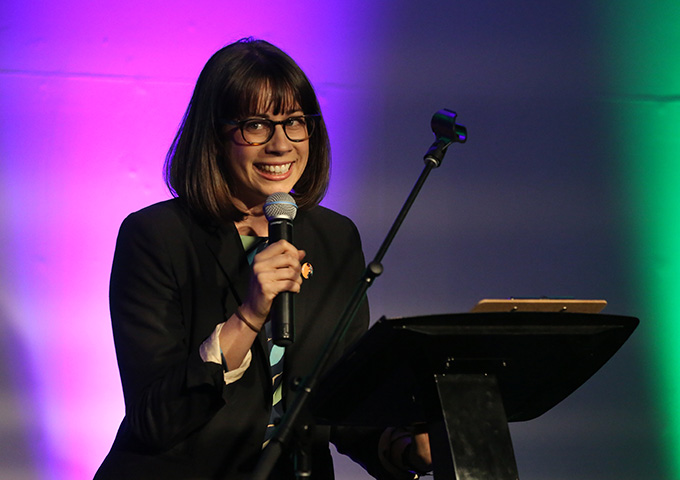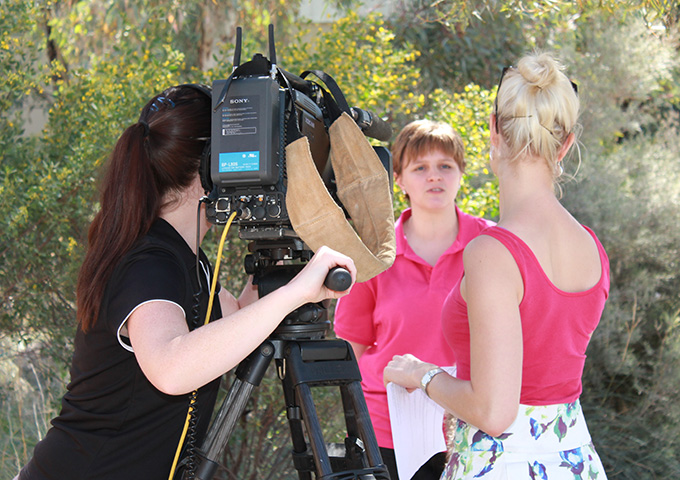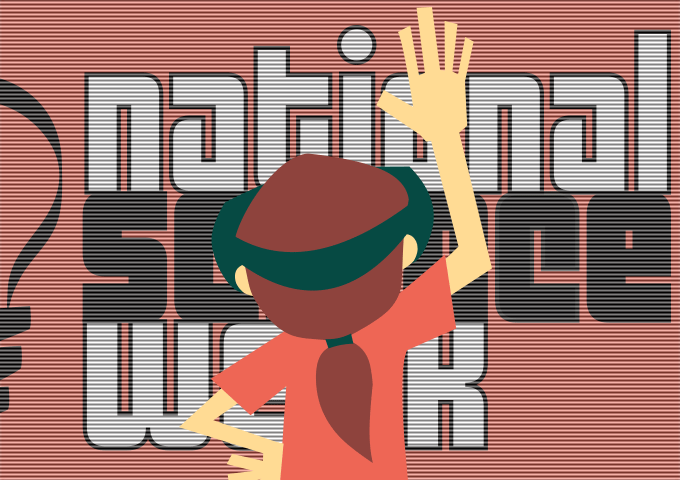Run your own Science
Week Event
Events can be in-person or online talks and demonstrations, behind the scenes tours, hands-on workshops, plays, musical performances... anything goes, as long as it explores and celebrates science!
We encourage creativity and innovation when planning an event. There are no restrictions in terms of topics, audience, venue or format - we only ask that your event seeks to fulfil the National Science Week objectives to promote and encourage interest in science, engineering, mathematics, technology and innovation and communicate their relevance to everyday life.
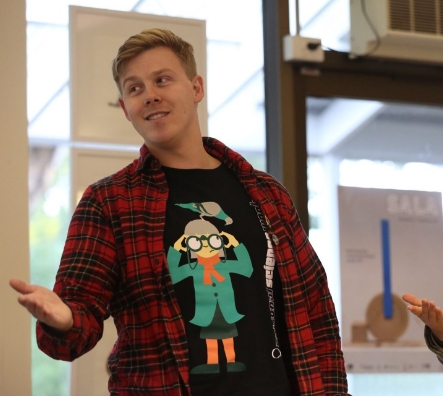
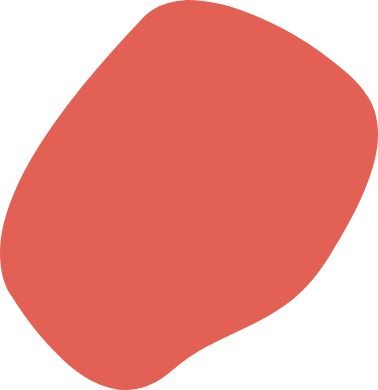
Event Ideas and Tips
The Event Holder’s Guide (372 kB, pdf) sets out all of the steps in staging a public event for Science Week, including planning, event objectives, budgeting, venue considerations, insurance, promotion and media, as well as post event cleanup and evaluation. We also have an Event Run Sheet template to help you plan your event minute-by-minute!
We love seeing events in tourist destinations. The Tourism Focussed Activities Guide (1.6 MB, pdf) has event case studies, hints and tips for great events for your visitors.
The Small Community Organisation Activity Guide (1.6 MB, pdf) is full of inspiration, ideas and suggestions for how to get involved.
We encourage you to include First Peoples and their science in your event. Celebrating the First Science of This Land (2.9 MB, pdf) includes case studies from previous events, suggestions and resources.
Our Disability Inclusion Guide (1.9 MB, pdf) will help all event holders to make their events more accessible for audiences to join in.
The Science Week Library Activities booklet (6 MB, pdf) has case studies, suggested activities and heaps of inspirational resource ideas.
The Early Childhood Activities booklet (5 MB, pdf) features case studies of successful events as well as detailed instructions for other activities suitable for running in early childhood centres, playgroups or at home.
The Science Week character colouring sheets (698 kB, pdf) are able to be used at a colouring station for young children at any event.
The Business and Industry Science Engagement Pack (1 MB, pdf) has case studies and hints and tips for assisting organisations to create and hold Science Week events.
Once you’ve decided what you’ll be doing be sure to register your planned event on our website (even it’s not for other people to come along to – just mark it as “private”).
Science Week Grants
Did you know that there are grants available to run National Science Week events?

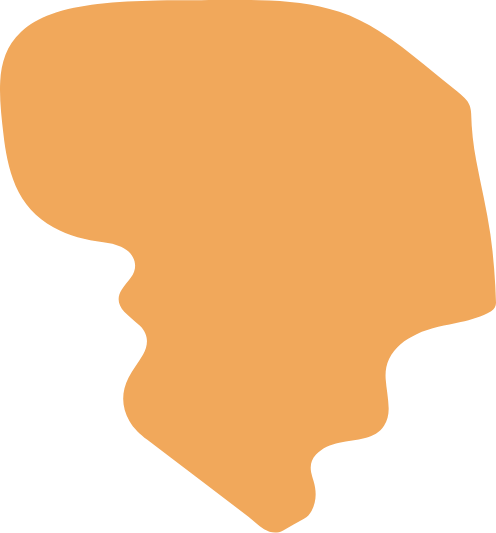
Sciencey crafting
Handcraft events like Neural Knitworks can be combined with a talk by a local expert or playing a podcast to provide an up-to-date scientific perspective.
Knitworks is a yarn crafting event to create model neurons while discussing neuroscience and brain health.
Aside from making neurons there are different kinds of yarning events possible including crocheting coral reefs, knitting oil spill rescue jumpers for little penguins, knitting temperature blankets and scarves, and creating mathematical models.
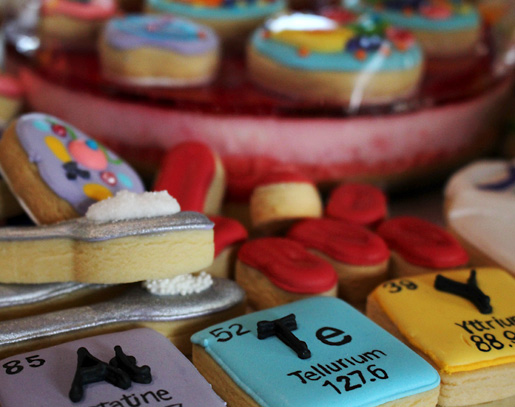

Quiz Events
Our free pub trivia kit (776 kB, pdf) has 100 questions and some games. The questions are arranged into ten themed sets of ten questions each. The questions and games are for adult audiences.
Register to receive a free Brain Break morning tea kit and hold a Science Week event in your workplace or school. We’ll send you quizzes, activities to try and a poster and coasters to make your event look the part. Be sure to get creative with your science baking and snacks!
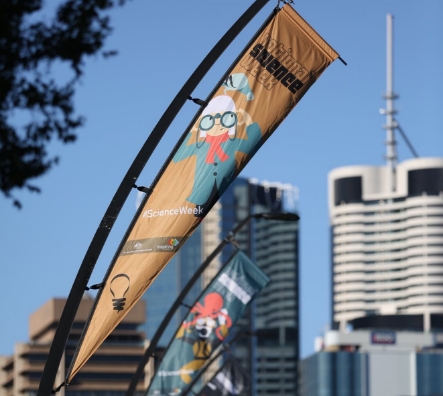

Event Publicity
Our Event Publicity Guide (507 kB, pdf) has all the steps for you to maximise your chances of attracting an audience and gaining media coverage. We also have media alert (154 kB, docx) and media release (154 kB, docx) templates and a sample media alert (192 kB, pdf) and sample media release (238 kB, pdf).
Our publicists produce a series of media releases through the week including for each of the states and territories, as well as event highlights for Indigenous, arts, environment, entertainment, food & wine and technology rounds.
Our guide to writing great event descriptions will help you to attract more media attention and a bigger audience.
You can use the various invitation, poster and general document templates listed below and our official logos and characters and style guide (5.2 MB, pdf) to help brand your event.
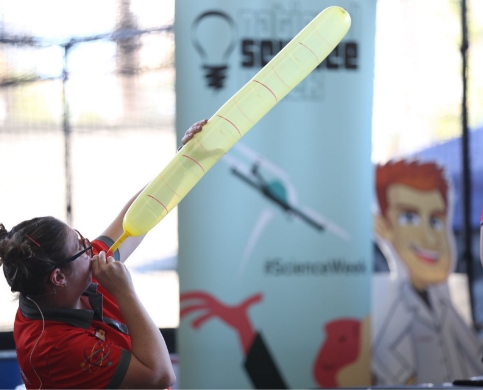

Event Evaluation
The only way to really know what your audience thought of your event is to ask them. Evaluation can help you to refine your event for next time, better target audience promotion and help to secure funding support.
Our evaluation kit has templates of paper-based surveys for a variety of events and audiences, as well as suggestions for online surveys, observations and audience bean polls.
Helpful Guides & Templates
Downloads
These documents will assist you in organising, promoting and running your National Science Week event.
- A3 event poster (773 kB, docx)
- Certificate of appreciation (1014 kB, pdf)
- Community notice listing (150 kB, docx)
- Sample community listing (161 kB, docx)
- E-mail event invitation template (88 kB, docx)
- Event invitation card (161 kB, docx)
- Event running sheet (151 kB, docx)
- Generating publicity (495 kB, pdf)
- Letterhead template (149 kB, docx)
- Event budget (94 kB, xls)
- Media release template (151 kB, docx)
- Sample media release (238 kB, pdf)
- Running an event guide (363 kB, pdf)
- Media alert template (150 kB, docx)
- Sample media alert (192 kB, pdf)
- Library Actvities (6.1 MB, pdf)
- Early Childhood Activities (4.7 MB, pdf)
- Business & Industry Science Engagement (1009 kB, pdf)
- Disability Inclusion (1.8 MB, pdf)
- First Peoples Science (2.8 MB, pdf)
- Tourism Focussed Activities (2 MB, pdf)




